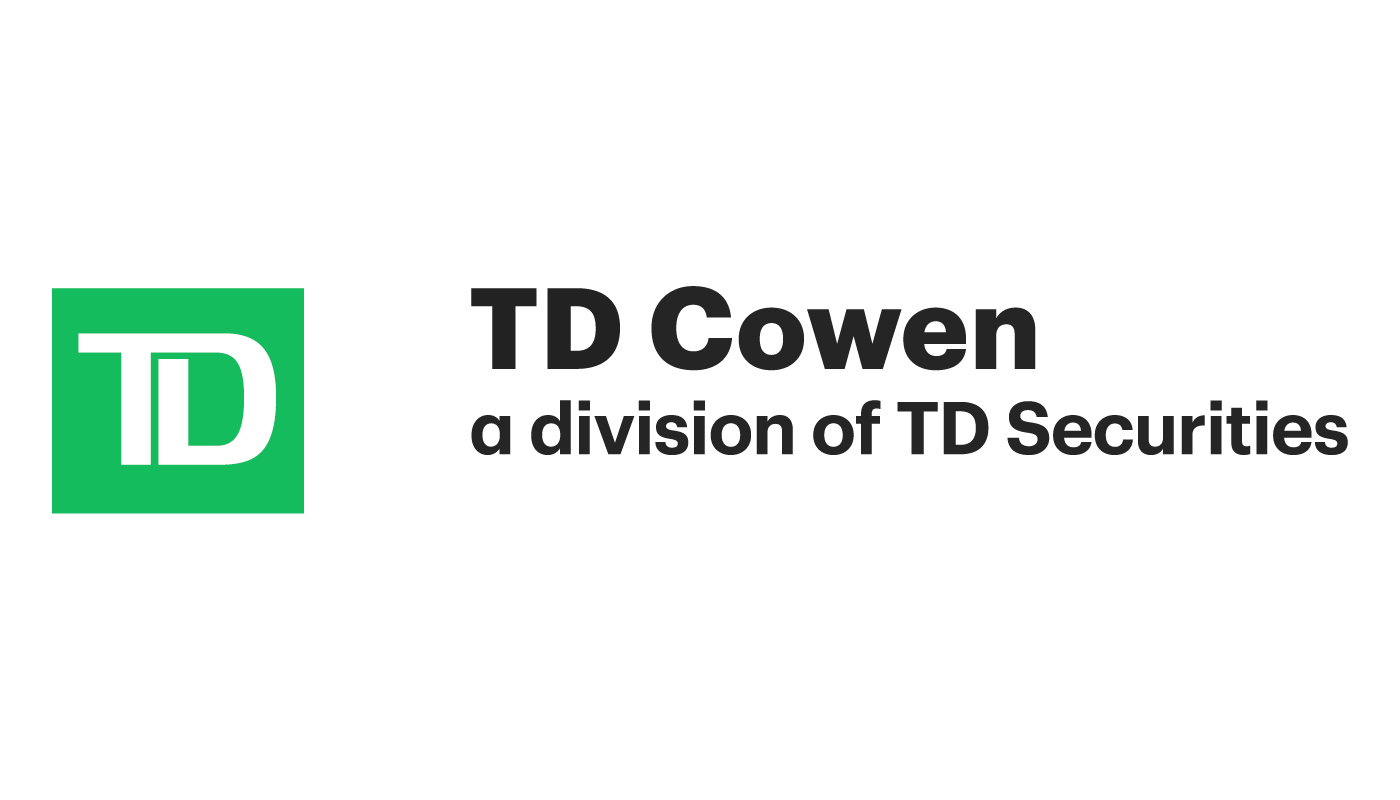Taxpayers can make charitable gifts using cash or property. Examples of property commonly donated to charities includes appreciated stock and other marketable securities. The type of asset gifted could affect the amount of the taxpayer’s deduction. This article explains various aspects and planning opportunities for donating cash and property.
Understanding Charitable Cash Donations
Cash donations to public charities is often the simplest way to make a tax-deductible donation. A cash donation can be made from a taxable account or can be made as a Qualified Charitable Distribution from a qualifying IRA. If making a cash donation from a taxable account, a taxpayer can generally deduct up to 60% of their adjusted gross income (AGI) via charitable donations. If the charity is not a public charity, this deduction could be limited to a lesser amount. Any charitable donations in excess of the 60% of AGI limit can be carried forward and used on future tax returns for up to five years.
Some charities may prefer cash donations to donations of property. Property donations may not always be exactly what the recipient organization needs. In fact, some property donations may cause the donee to incur costs trying to sell them or adapt them to a specific use.
Charitable donations are generally only available to taxpayers that itemize their deductions. However, up to $300 for single taxpayers and $600 for joint taxpayers can be deducted for those who do not itemize.
The IRS advises that all cash contributions must be substantiated by a bank record (e.g., a canceled check) or written receipt, not just donations above $250.
Planning Considerations for Charitable Cash Donations:
- Consider utilizing a Donor-Advised Fund to bunch your charitable donations into a single tax year. Many taxpayers no longer itemize their deductions due to the high standard deduction ($25,900 for joint filers and $12,950 for single filers). By bunching deductions into the current year, a taxpayer may be able to itemize their deductions and lower their overall tax liability. A Donor-Advised Fund (DAF) allows the donor to bunch charitable contributions into the DAF and therefore maximize the current year’s tax deductions while spreading out the gifts to charities over several years.
- Discuss your charitable gift intents with the receiving organization before making the donation. You may have the option to dedicate your donation to a specific cause within the charity. Letting charities know about gifts ahead of time also allows them to best plan for funds if the donation is sizable.
Understanding Charitable Property Donations
Depending on the taxpayer’s unique circumstances, they could benefit from making a charitable gift of property rather than cash. However, donations of property are subject to more complex rules for determining the amount of the deduction and the applicable percentage limitation of the deduction. Depending on the property’s nature, the donee’s identity, and how the donee uses the property, the deduction may be the donor’s basis in the property, its fair market value, or something in between. The applicable percentage limitations for individuals also depend on the type of property donated and the type of donee.
Ordinary Income and Short-term Capital Gain Property
Ordinary income property is any property that, if sold, would result in ordinary income or short-term capital gain. This includes capital assets held for 12 months or less. The charitable contribution deduction for ordinary income property is limited to its fair market value, less the amount that would be ordinary income. This generates a charitable contribution deduction essentially equal to the taxpayer’s cost basis.
Long-term Capital Gain Property
Contributions of long-term capital gain property to charities are usually deductible at fair market value, and the donor generally does not recognize gain when appreciated property is donated.
Taxpayers with appreciated securities held more than a year who plan to make significant charitable contributions before year-end should consider donating shares instead of cash. The donor avoids paying tax on the appreciation and can deduct the full value of the stock, up to 30% of their AGI. If the donor wants to maintain a position in the donated securities, he or she can immediately buy back a like number of shares. Furthermore, donating appreciated securities removes these assets from the donor’s estate.
If the long-term capital gain property being donated is tangible personal property, the amount of the donor’s deduction depends upon how the property is used by the charity.
Planning Considerations Charitable Property Donations:
- Consider gifting appreciated securities to a Donor-Advised Fund.
- Charitable gifts of property that have decreased in value are limited to the property’s fair market value at the time of the donation. Therefore, it is usually preferable to sell the property, recognize and deduct the taxable loss, and donate the sale proceeds.
- Before making a gift of appreciated securities, ensure that the receiving organization can accept the property you intend to donate.
Disclosure: Schultz Financial Group, Inc. (“SFG”) is a registered investment adviser with a primary business location in Reno, NV. Registration as an investment adviser is not an endorsement by securities regulators and does not imply that SFG has attained a certain level of skill, training, or ability. SFG does not guarantee the complete accuracy of all data in this article, and it should not be regarded as a complete analysis of the subjects discussed. All expressions of opinion reflect the judgment of SFG as of the date of publication and are subject to change. This article does not constitute personalized advice from SFG or its affiliated investment professionals, or a solicitation to execute specific securities transactions. Not all services will be appropriate or necessary for all clients, and the potential value and benefit of the SFG’s services will vary based upon the client’s individual investment, financial, and tax circumstances. The effectiveness and potential success of an estate plan, tax strategy, investment strategy, and financial plan depends on a variety of factors, including but not limited to the manner and timing of implementation, coordination with the client and the client’s other engaged professionals, and market conditions. SFG is not a law firm and does not intend for any content to be construed as legal advice. Readers should not use any of this content as the sole basis for any investment, financial planning, tax, legal or other decisions. Rather, SFG recommends that readers consult SFG and their other professional advisers (including their lawyers and accountants) and consider independent due diligence before implementing any of the options directly or indirectly referenced in this blog post. Past performance does not guarantee future results. All investment strategies have the potential for profit or loss, and different investments and types of investments involve varying degrees of risk. There can be no assurance that the future performance of any specific investment or investment strategy, including those undertaken or recommended by SFG, will be profitable or equal any historical performance level. Additional information about SFG, including its Form ADV Part 2A describing its services, fees, and applicable conflicts of interest and Form CRS is available upon request and at https://adviserinfo.sec.gov/firm/summary/108724.
The views and opinions expressed herein are the views and opinions of the author and do not necessarily reflect those of Nasdaq, Inc.








































